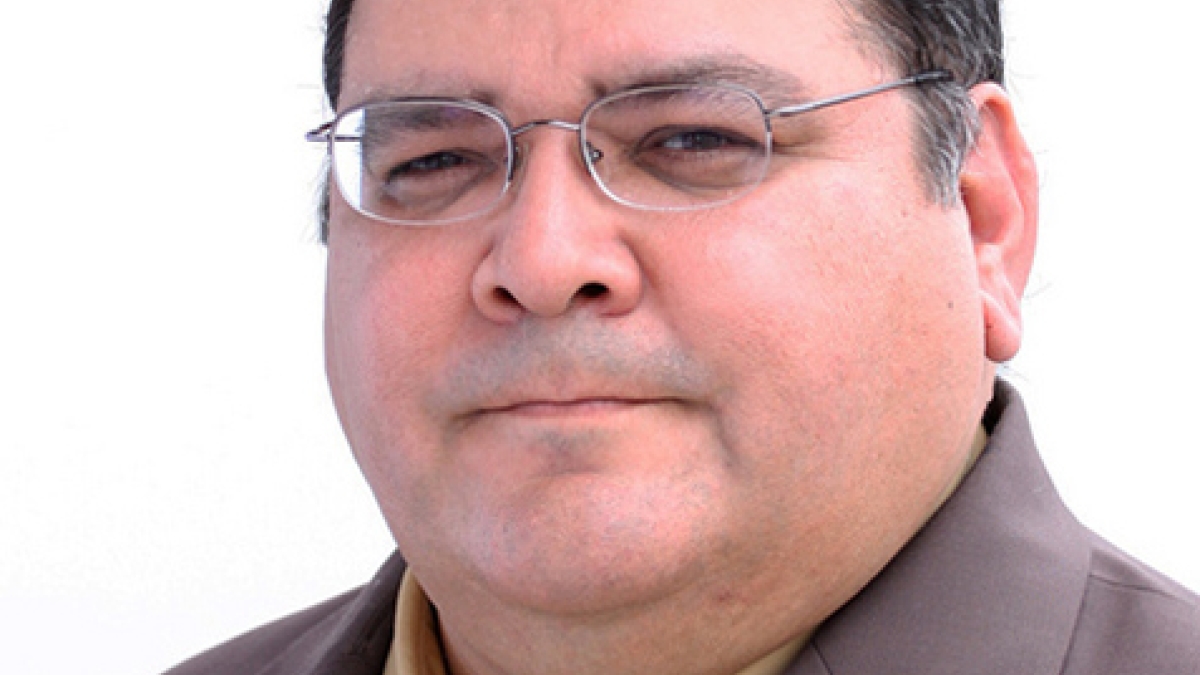ASU's Morrison Institute launches Latino Center

Morrison Institute for Public Policy officially launched its Latino Center Oct. 22, with a mission to increase the state’s understanding of Latino issues as they relate to Arizona public policy, education, workforce, leadership and the economy.
Morrison Institute Latino Public Policy Center will add focus and emphasis to Latino issues. The center’s first director is Joseph Garcia, a longtime educator, communication specialist and editor with experience and understanding of public policy and political issues in Arizona.
“The new center is borne from the fact that by 2030 our state will be a majority minority,” said Sue Clark-Johnson, executive director of Morrison Institute. “As Morrison found in its 2012 study ‘Dropped? Latino Education and Arizona’s Economic Future,’ there are very pragmatic consequences for Arizona if the Latino education gap is not addressed – issues of poverty, low income, high welfare, lower tax revenues. Those issues, from a public policy perspective, need to be discussed and dealt with as appropriate today.
“The new center will not be an advocacy center, but rather a center for greater communication and dialogue for policymakers, citizens, community groups, business leaders and educators – all of whom are stakeholders in Arizona’s future,” she added.
The center already has produced its first publication, “Arizona’s Emerging Latino Vote,” which uses data and projections to illustrate how the state’s political landscape will continue to change because of the increasing Latino voter population, especially by 2030. That’s when the number of Latino citizens ages 20 and older will have increased by at least 178 percent since 2010. In contrast, the number of adult non-Latino Arizona citizens is expected to increase by just 42 percent during this period, according to the report.
“More and more of our research, analysis and polling have to do with Latino public policy, as should be the case given our state and nation’s changing demographics,” said David Daugherty, director of research at Morrison Institute. “It makes perfect sense for Morrison Institute to house a Latino Center to collect and disseminate such important data and analysis for a more focused dialogue in recognition and informed anticipation of a changing Arizona.”
“Arizona’s Emerging Latino Vote” is available for reading or downloading at morrisoninstitute.asu.edu/latinos, along with “Dropped?” and other Latino-related briefs, blogs, videos, news and reports.
“We must work together, live together and succeed together,” Garcia said. “There is only one Arizona – there cannot be two, as data suggest exists today and even more so tomorrow if we allow two populations to be separated by inequities ranging from education to opportunity to financial security.
“There must be integrated balance to strengthen our state’s collective sustainability and chances for future success. And that begins with a greater understanding and appreciation of changing demographics, shifting dynamics and nuanced complexities in public policy,” Garcia added.
Established in 1982, Morrison Institute for Public Policy is a leader in examining critical Arizona and regional issues, and is a catalyst for public dialogue. An Arizona State University resource, Morrison Institute uses nonpartisan research and communication outreach to help improve the state’s quality of life.